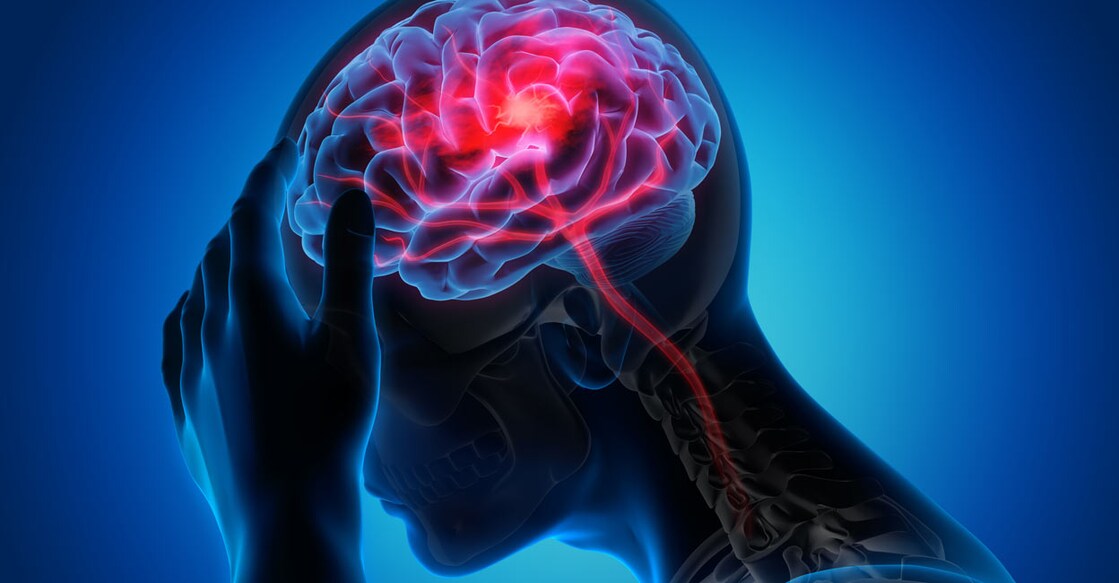Addressing the silent epidemic: The imperative of stroke awareness in India

Mail This Article
On the 29th of October, as we observe World Stroke Day, we find ourselves at a crucial juncture to reflect upon the pressing issue of strokes in India, an alarming yet largely overshadowed public health crisis.
To encapsulate the enormity of this situation, one need not look beyond the staggering statistics. India sees over 15 lakh new stroke cases annually, amounting to almost 4,000 individuals daily. This rate surpasses many infectious diseases that have long been in the limelight. The intensive care units of our major hospitals, surprisingly, are predominated by stroke patients, even outnumbering heart attack victims. Strokes account for an overwhelming 8% of total deaths in our nation – a figure that overtakes the combined fatalities from Tuberculosis, AIDS, and Malaria.
The past decade has seen a significant surge, nearly 100%, in stroke incidence. Disturbingly, 15% of these cases occur in individuals under 40. Factors like diabetes, hypertension, obesity, stress, sedentary lifestyle, and smoking contribute to this escalating trend. The ramifications are evident: despite the best medical interventions, one in four stroke patients remains permanently disabled, a figure that jumps to 50% without advanced treatments.
While the medical world has been making strides with cutting-edge treatments, the adoption rate in India leaves much to be desired. Techniques like Intravenous Thrombolysis, which dissolves clots in the brain, and Mechanical Thrombectomy, a procedure to extract clots from blocked vessels, have proven remarkably effective. These treatments, however, are time-sensitive. Every minute following a stroke sees the death of millions of brain cells. Thus, swift intervention can mean the difference between full recovery and lasting disability, or even life and death.
Despite the proven efficacy of these treatments, India lags woefully behind. While the West has seen a fourfold increase in Thrombectomy procedures in just five years, less than 5% of stroke patients in India receive this potentially life-saving treatment.
The underlying issues are manifold. A prominent contributor is the widespread lack of awareness about stroke symptoms. Alarming signs such as facial deviations, speech slurring, limb weakness, and sudden imbalance are often misattributed to fatigue, blood pressure fluctuations, or sugar level anomalies. This grave misconception delays crucial medical intervention. Additionally, minor strokes or 'Transient Ischemic Attacks' (TIAs), which can precede major strokes, often go unnoticed or unreported.
Hence, the call to action on this World Stroke Day is multifaceted:
» Raise Awareness: Comprehensive public health campaigns are paramount. We need to educate the masses about recognizing stroke symptoms, the urgency of medical intervention, and the significance of TIAs.
» Infrastructure Overhaul: Investing in medical facilities equipped with advanced stroke treatments is non-negotiable. This includes ensuring the availability of CT and MRI scans, Cathlabs, and specialists.
» Risk Factor Mitigation: Preventive measures, including lifestyle modifications and rigorous control of diabetes, hypertension, and cholesterol, can substantially reduce stroke incidence.
» Rehabilitation Focus: Post-stroke recovery is a journey. Emphasizing the role of physiotherapy, speech therapy, and rigorous rehabilitation can mitigate disabilities and improve the quality of life.
» Quality & Uniformity in Stroke care: To bring in standardization and quality in stroke care trough uniform accreditation process across India
Strokes also impart a hefty economic toll due to hospitalization costs, medication, rehabilitation, and the resultant loss of productivity. This further underscores the urgency of addressing this health crisis not just as a medical challenge but an economic one.
In conclusion, the silent epidemic of strokes in India warrants a collective, concerted effort. As we mark World Stroke Day, let us pledge to elevate our understanding, infrastructure, and interventions to combat this formidable challenge. Together, we can ensure a healthier, brighter future for millions.
(Dr Arvind Sharma is Secretary, Indian Stroke Association, Sr. Consultant Neurology & Stroke Specialist, Zydus Hospitals and also a member of the Board of Directors, World Stroke Organisation)

